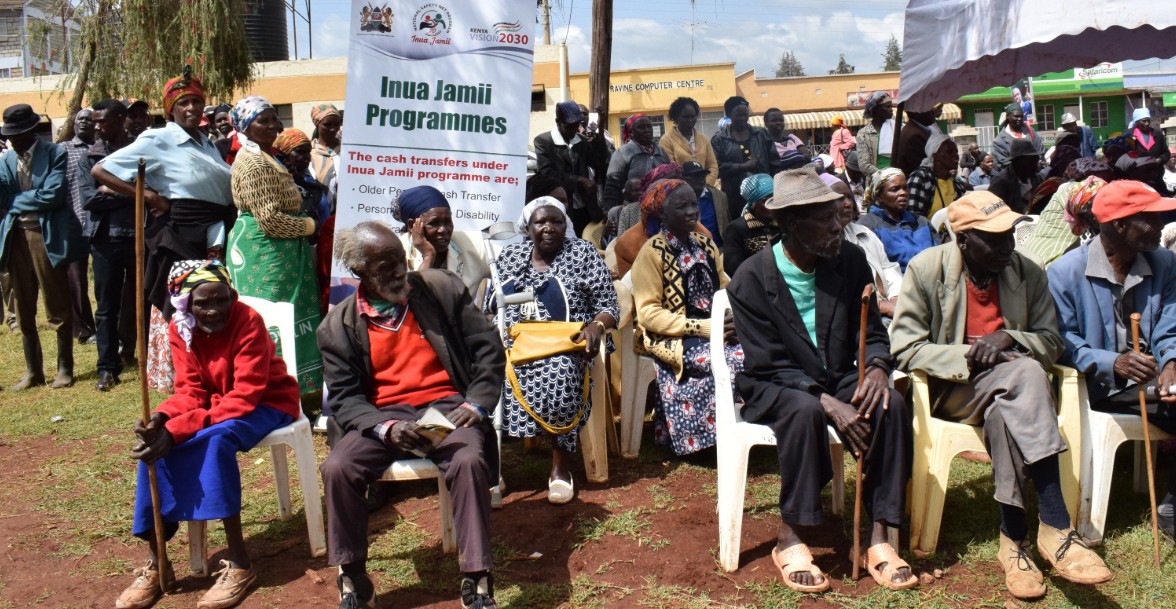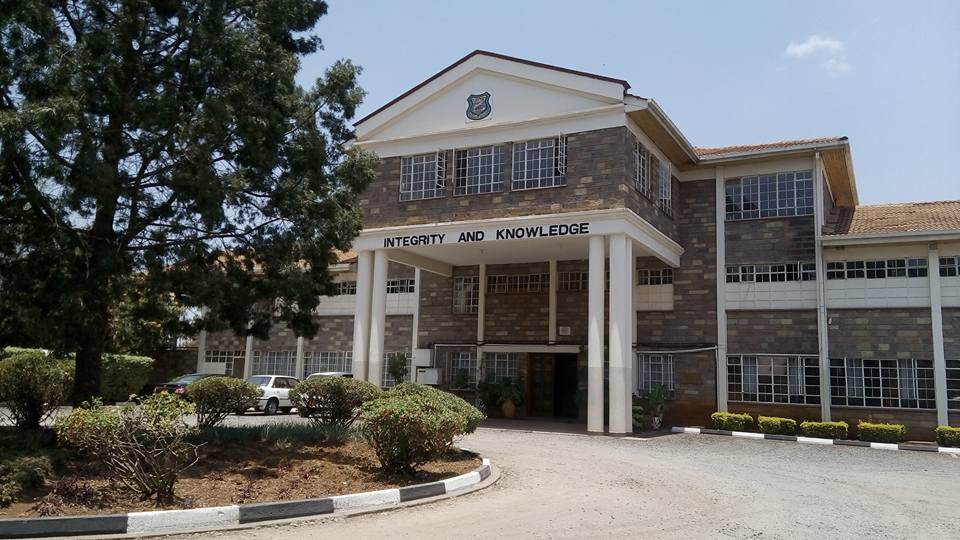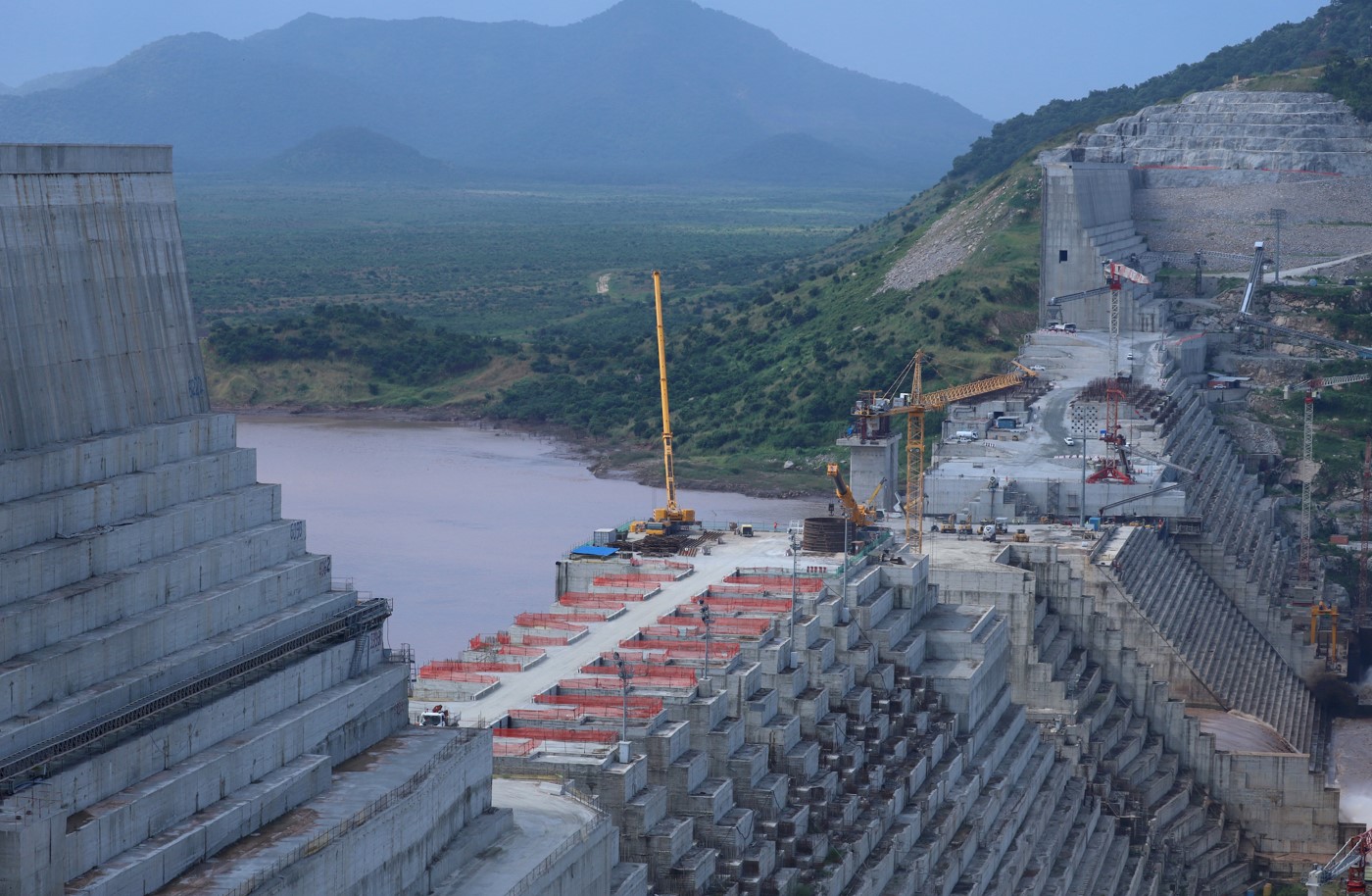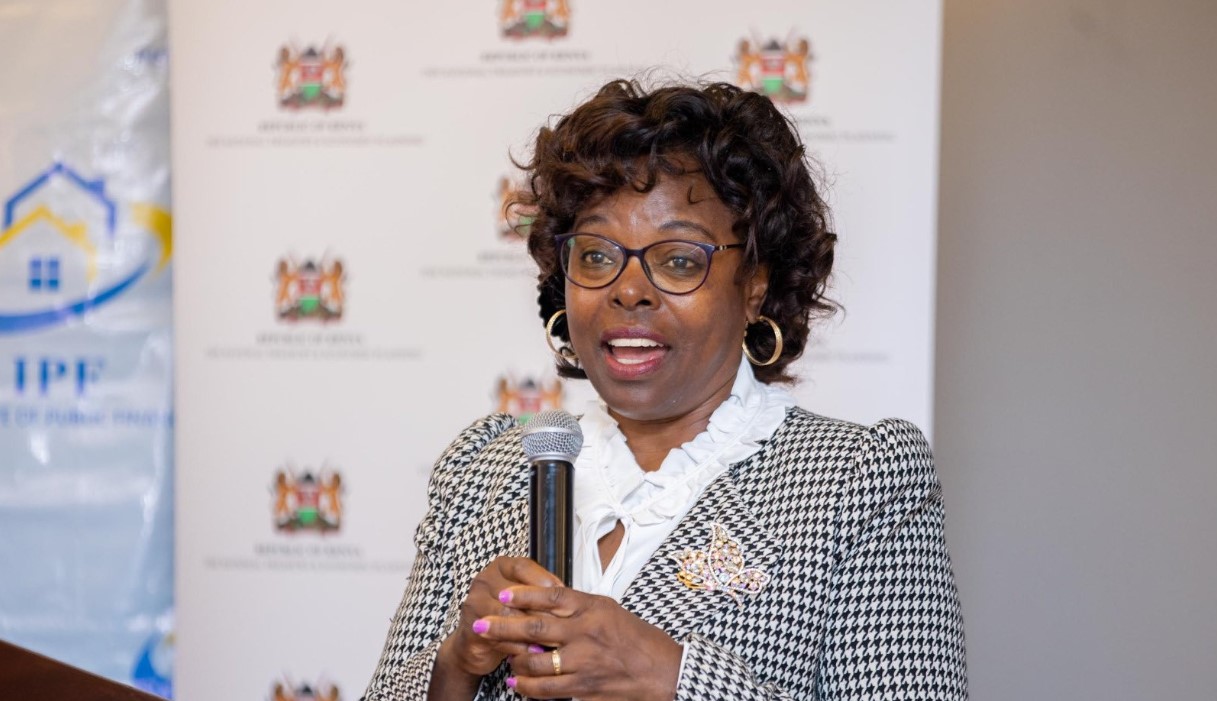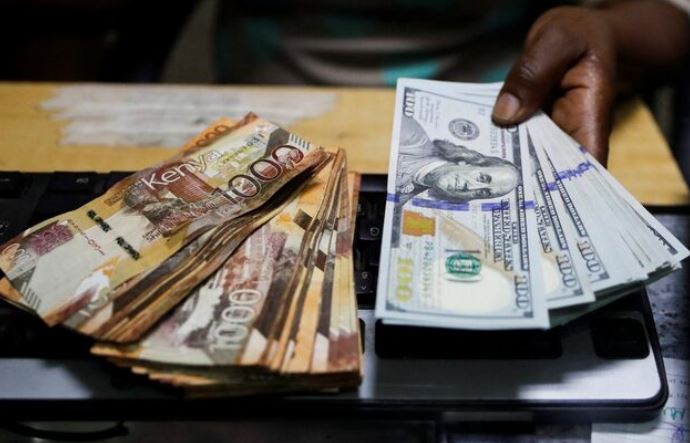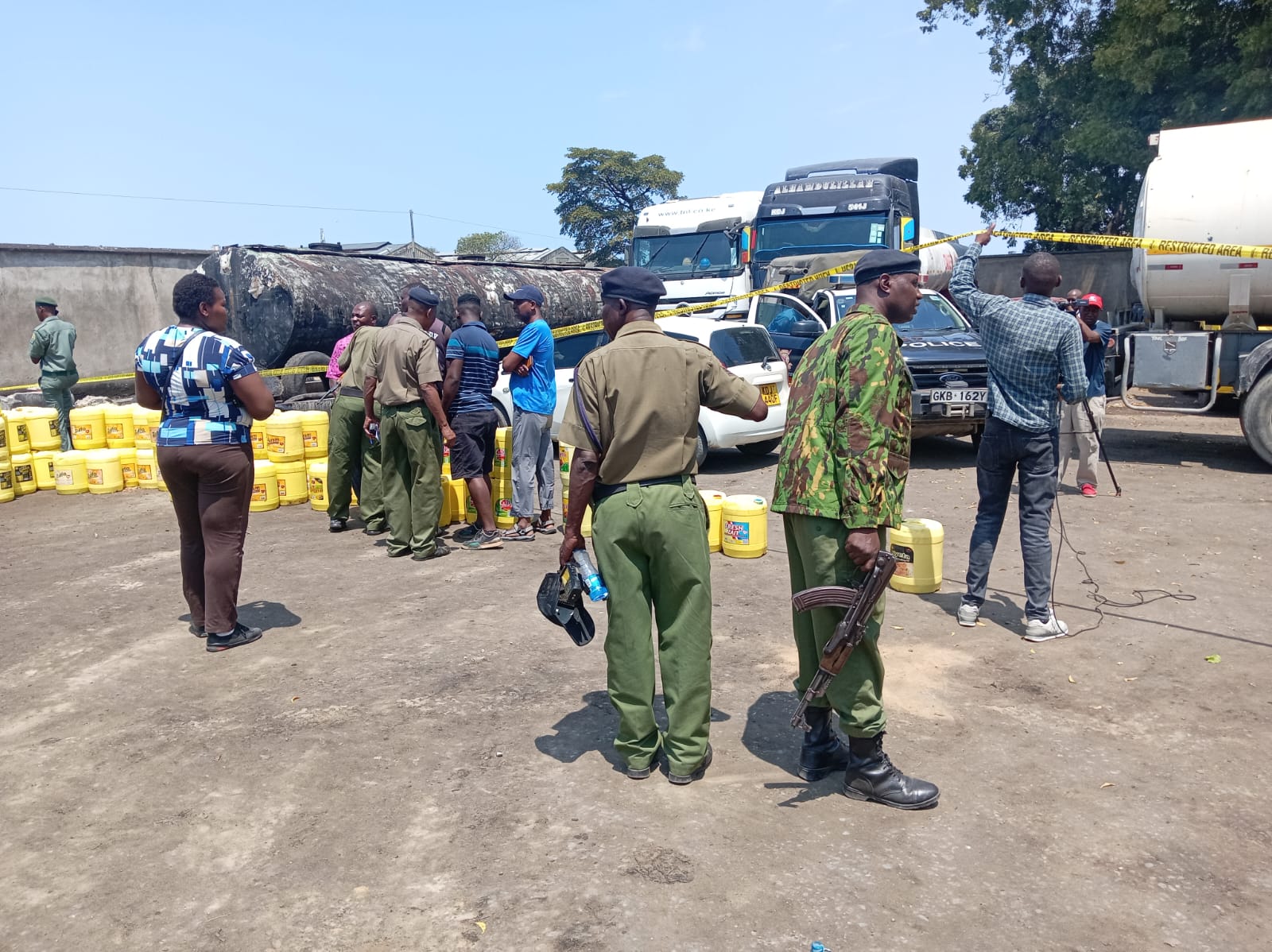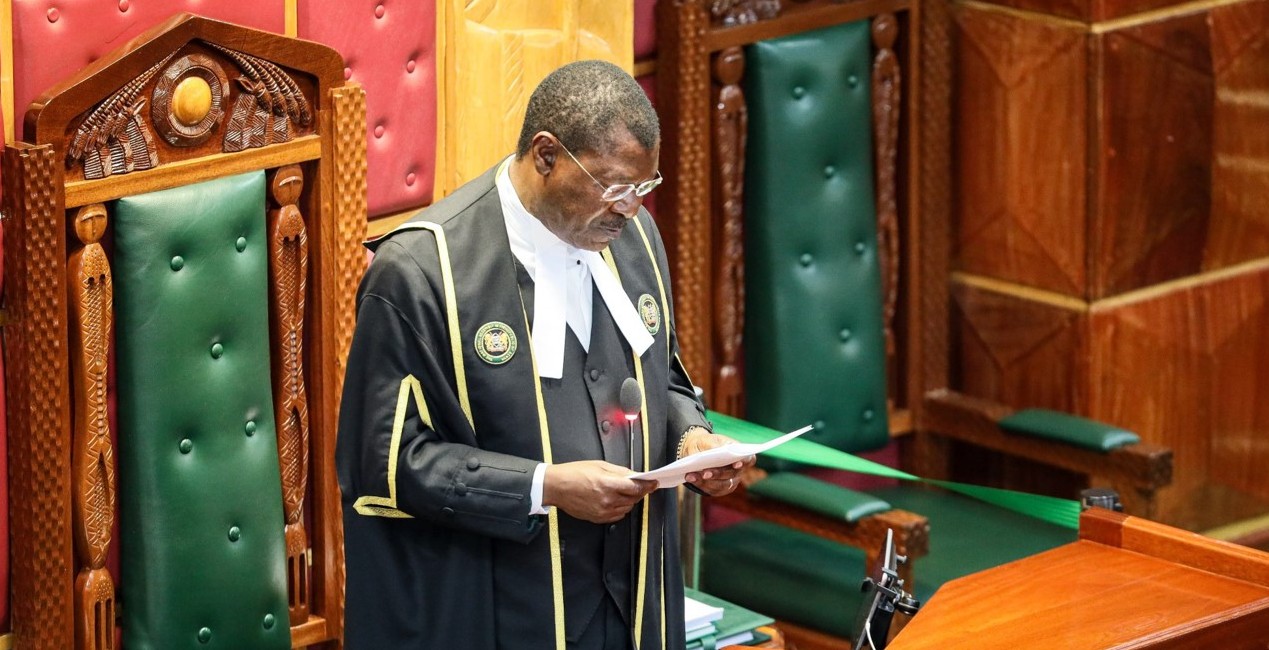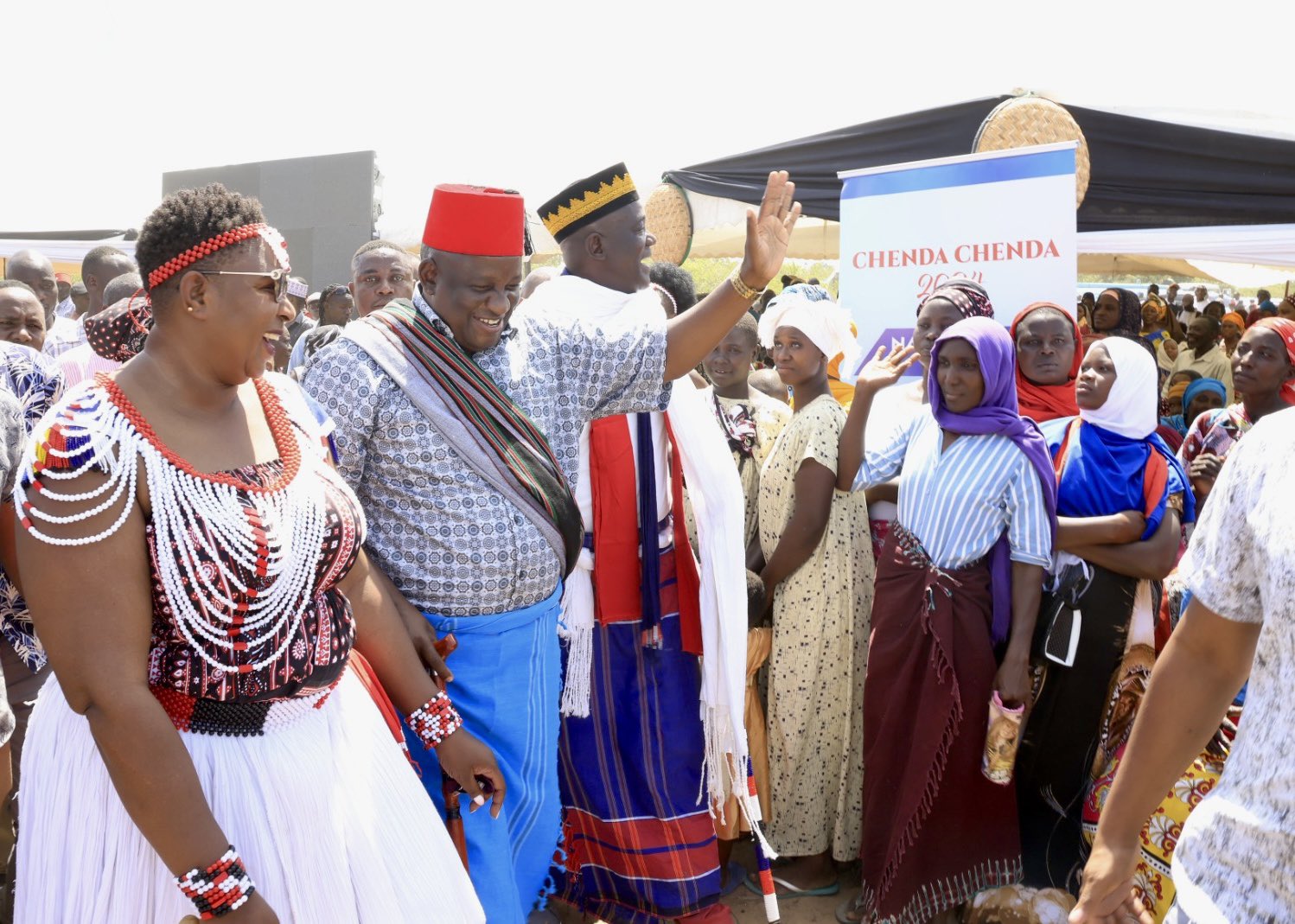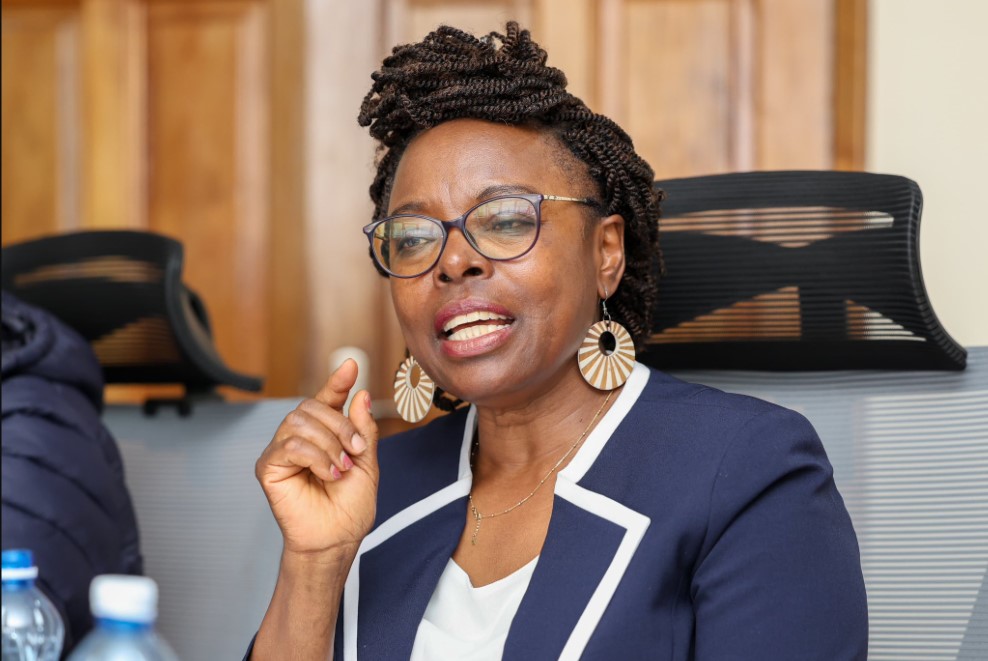Boost for communities as Kwale unveils marine hatchery, seaweed centre
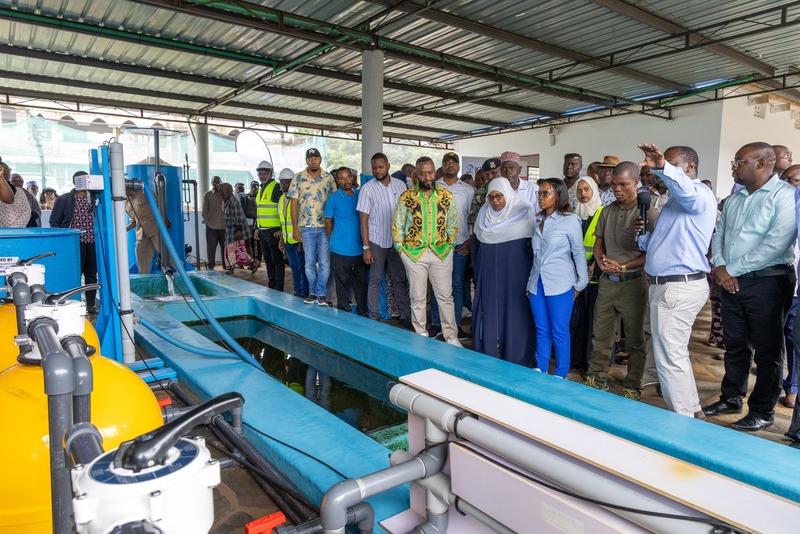
The marine hatchery is expected to boost aquaculture by supplying fingerlings and other aquatic species, while the Kibuyuni facility will enable local groups, particularly women, to produce value-added seaweed products including soaps, lotions, and seaweed-based flour.
Kwale County has taken a major leap towards strengthening Kenya’s blue economy following the launch of the region’s first marine hatchery, a seaweed processing centre in Kibuyuni, and a modernised fish landing site at Gasi.
The projects, unveiled by Cabinet Secretary for Mining, Blue Economy, and Maritime Affairs Hassan Joho, aim to support fish farmers and small-scale producers along the coast.
More To Read
- How to harness the ocean for prosperity: Funding African innovations can unlock the blue economy
- Kwale County brings clean water to villages with solar-powered desalination plants
- Joho orders probe into alleged dumping of dredged waste in Old Town's fishing grounds
- Over 70 trained in aquaculture to boost fish farming profits in Taita Taveta
- Kwale Governor Fatuma Achani vows legal action against land grabbers
- Tensions flare as Kwale leaders demand removal of KWS from Diani-Chale Marine Reserve management
The marine hatchery is expected to boost aquaculture by supplying fingerlings and other aquatic species, while the Kibuyuni facility will enable local groups, particularly women, to produce value-added seaweed products including soaps, lotions, and seaweed-based flour.
“This is about transforming our coast into an engine of economic growth. By investing in local innovation and empowering communities, we are laying the groundwork for sustainable jobs, income, and food security,” said CS Joho.
Kwale Governor Fatuma Achani said the county government is keen on unlocking the full economic potential of marine resources through grassroots-led initiatives.
“The sea is our lifeline. These projects give our communities the tools to benefit from it in ways that are both sustainable and inclusive,” she said.
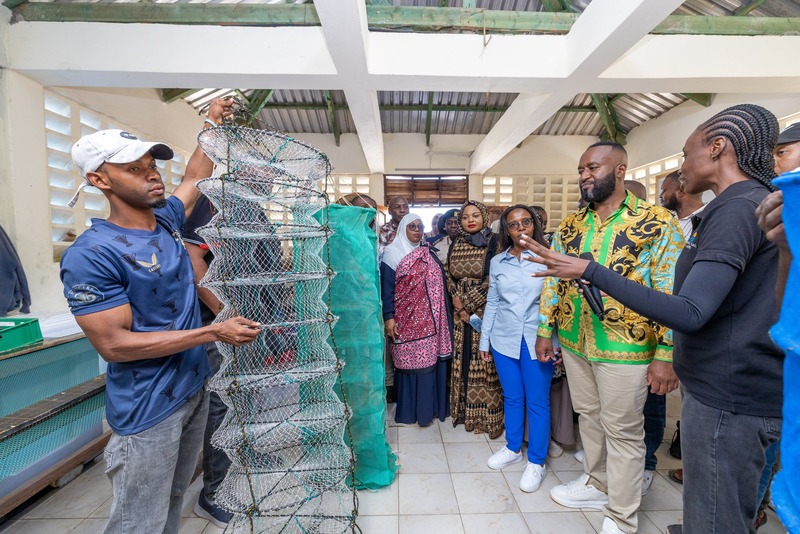 Marine Projects launched in Kwale to boost blue economy. (Farhiya Hussein)
Marine Projects launched in Kwale to boost blue economy. (Farhiya Hussein)
She noted that the county currently supports 21 active seaweed farming groups and has distributed 13 fibreglass boats to boost harvesting and transport efforts.
The marine hatchery and seaweed centre form part of the National Mariculture Resource and Training Centre (NAMARET), a national strategy being implemented in collaboration with the Kenya Marine and Fisheries Research Institute (KEMFRI).
The initiative aims to improve marine-based livelihoods through research, capacity-building, and enhanced infrastructure.
Fatuma Mohammed, who chairs the Kibuyuni Seaweed Farmers’ Cooperative, said the facility had transformed the lives of women in the area.
“We used to sell raw seaweed at low prices, but now we can process it ourselves. This means better earnings and more dignity for our families,” she said.
CS Joho reiterated the government’s commitment to scaling up such initiatives, citing plans to expand aquaculture and increase support to coastal cooperatives.
“The blue economy is no longer a concept for tomorrow, it is the solution for today,” he said.
Top Stories Today
